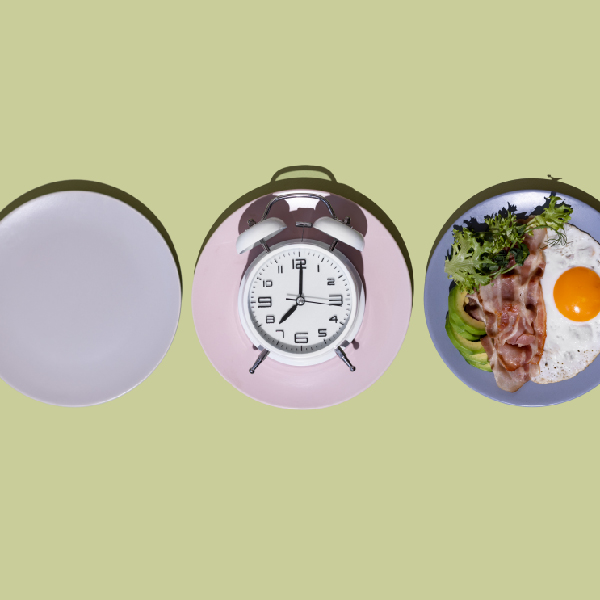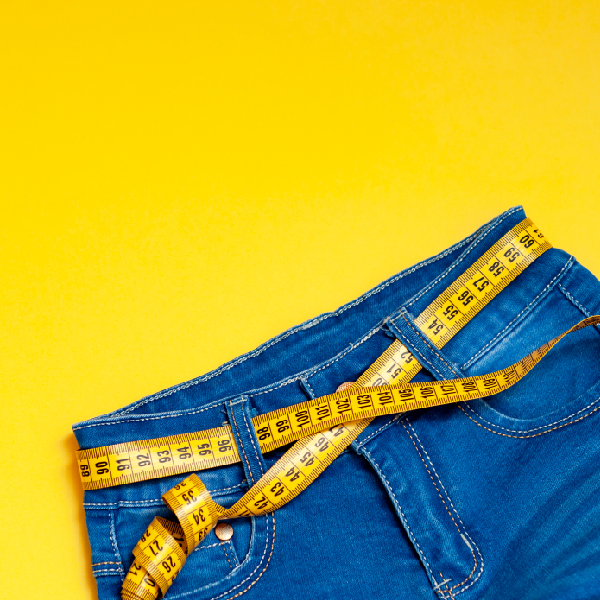The healthy necessity of being on a gluten-free diet for those with celiac disease is well established, but for the past several years, being gluten-free has been all the rage and the health benefits are being touted for those without celiac.
However, is this type of diet good or needed for people without celiac?
First, let’s start with a definition. Gluten is a general name for the proteins found in the grains wheat, barley, and rye. Generally speaking, people can eat it without problems. But, for those with celiac disease, it causes irritation and damage to the lining of the intestines. This interferes with absorption and can cause long-term problems. So, for those with celiac disease, they must eliminate all gluten from their lives to reduce these issues.
I remember my first foray into the gluten-free diet: it was early summer 2000 and I was going to be the lead dietitian at the diabetes camp in my area. I was told that the kids with celiac had to be limited to no more than five because “it was too hard to handle their foods.” I agreed to handle all the celiac meals if the camp allowed any kids with celiac to attend. So, much to my delight, 10 kids with celiac were admitted to camp.
With my new task looming, I proceeded to learn as much as I could about gluten-free foods and the cooking methods needed to eliminate cross-contamination. At the time, very few foods were available outside of health food stores. And the majority of foods were special orders, directly shipping to the individual who purchased them. I was so fortunate to have a father of one of the kids with celiac (who had celiac disease himself) meet with me to get me up to speed on all things gluten-free. He also brought me five grocery bags of gluten-free foods to try before camp started. I am eternally grateful to his kindness and patience because he instilled the knowledge I needed to work safely with the kids with celiac at camp and it laid the groundwork for my ever-evolving learning regarding celiac disease and gluten-free diets today.
Going gluten-free for people with celiac is not just about eliminating foods with wheat, rye, and barley (including beer), but delving into labels of everything including supplements and makeup. We know it works for celiac disease, but now it is touted for weight loss, autism, and increasing energy in those without the disease.
So, can a gluten-free diet do these things? In the short-term, yes, but long-term maybe not.
Some may lose weight initially because they decrease processed foods and increase fruits and vegetables, but since many gluten-free packaged products are higher in calories and fat, weight gain could eventually occur in the long-term.
A recent comparison in nutrition composition showed that gluten-free breads, pastas, and dessert items contained, on average, TWICE as much fat as their gluten equivalents. (1)
Higher energy levels could also be due to reducing processed foods and increasing fruits and vegetables initially, which is lower calorie and higher fiber, which tend to help us feel better overall. However, maintaining a gluten-free diet can also set you up for nutritional deficiencies. For example, fortified breads and cereals are major sources of B vitamins and whole wheat is a major source of fiber. The average American diet is already low in fiber and in the long term, switching to gluten-free makes it go lower.
Because of the work involved and the issues that can ensue on a gluten-free diet, experts recommend not to go gluten-free unless there is a medical reason to do so. If you think you have celiac disease or gluten issues, see a gastroenterologist first. Those with celiac disease will tell you how hard this diet is to follow and how diligent you must be to avoid nutrient deficiencies and weight gain. There are far easier meal plans to help you lose weight or make you feel healthy.
References
1) Plant Foods Human Nutrition, 69:182, 2014.




